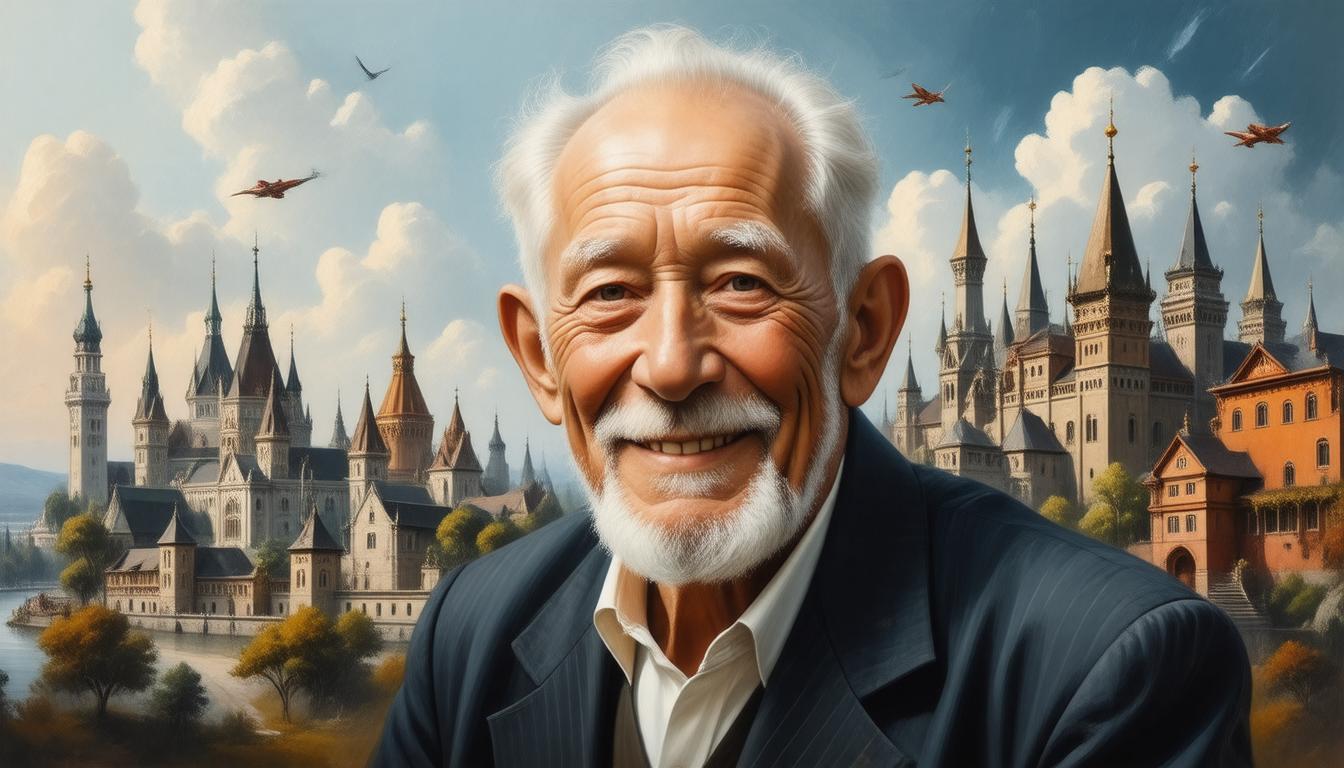Jimmy Carter, the 39th President of the United States, passed away at the remarkable age of 100, leaving behind a multifaceted legacy that profoundly influenced global diplomacy and humanitarian efforts.
Rising from humble beginnings in Georgia, Carter’s presidency from 1977 to 1981 was marked by significant achievements and formidable challenges.
Despite facing economic troubles at home, including high inflation and energy shortages, Carter’s foreign policy initiatives remain crucial landmarks in U.S.
history.
From the groundbreaking Camp David Accords facilitating peace between Israel and Egypt to establishing diplomatic ties with China, his dedication to fostering international cooperation is a testament to his vision as a leader.
Additionally, Carter’s endeavors after his presidency, characterized by his tireless humanitarian work through the Carter Center and his role as a peacemaker, echo his profound commitment to ethical governance and human rights advocacy.
This article explores Carter’s significant foreign policy achievements and his impactful humanitarian efforts beyond the Oval Office.
Key Takeaways
- Jimmy Carter’s presidency was marked by significant achievements in foreign policy, including the Camp David Accords and establishing diplomatic relations with China.
- Despite facing challenges like the Iran hostage crisis and domestic turmoil, Carter’s commitment to ethical governance shaped his political integrity.
- Carter redefined post-presidential engagement through humanitarian work and advocacy for human rights, earning a Nobel Peace Prize for his efforts.
Significant Foreign Policy Achievements
Jimmy Carter, the 39th President of the United States, who passed away at the age of 100, is often remembered for his significant foreign policy achievements during his presidency from 1977 to 198
1.
Rising from humble beginnings in Georgia, Carter was elected at a time marked by national mistrust in government institutions, particularly following the Watergate scandal.
Emphasizing honesty, he positioned himself as a reformist outside the traditional Washington elite.
One of his most notable accomplishments, the Camp David Accords, paved the way for a historic peace treaty between Israel and Egypt, highlighting his administration’s commitment to peace in the Middle East.
He also established diplomatic relations with China and negotiated the Panama Canal treaty, both transformational moves that showcased his dedication to international cooperation.
However, his presidency was not without challenges; it faced substantial domestic issues like high inflation and the energy crisis, and international challenges such as the Iran hostage crisis, where more than 50 Americans were held captive for 444 days, impacting his public image adversely and contributing to his loss in the 1980 election.
After his presidency, Carter redefined the role of former presidents by engaging in humanitarian efforts through the Carter Center, earning the Nobel Peace Prize in
2002.
His post-presidency work included advocacy for human rights and diplomacy, notably with North Korea’s leaders, underscoring his enduring legacy as a peacemaker with a profound commitment to ethical governance and global humanitarian issues.
Carter’s Post-Presidency Humanitarian Efforts
Following his tenure as President, Jimmy Carter dedicated himself to humanitarian efforts that significantly influenced global health and democracy.
Through the establishment of the Carter Center in 1982, he targeted pressing issues such as disease eradication, education, and free elections.
Noteworthy achievements include spearheading initiatives to combat Guinea worm disease, which has seen a drastic reduction in cases worldwide.
Additionally, the Center has monitored elections in countries around the globe, advocating for fair democratic processes.
Carter’s commitment to accessible healthcare led to his involvement in various health programs that improved the lives of countless individuals in developing nations.
His relentless pursuit of peace extended to diplomatic efforts, where he facilitated discussions that aimed to resolve conflicts in various regions, illustrating his unwavering belief in dialogue over discord.
By continuing to champion humanitarian causes, Carter not only reshaped the public perception of former presidents but also inspired a new generation of leaders to prioritize ethics and compassion in governance.











